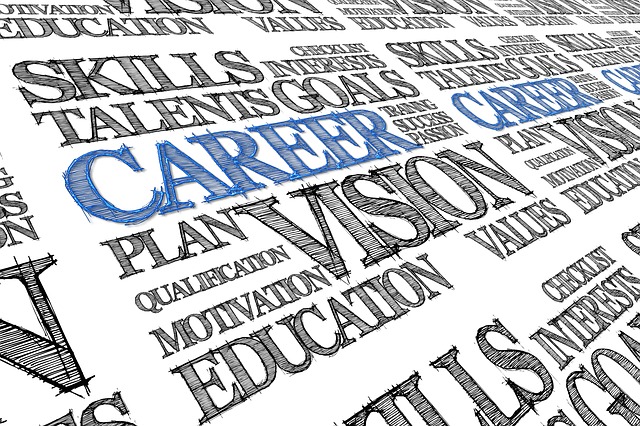Who Do I Want To Become and How Do I Get There?
Workplace Trends and Career Exploration
MINDS ON
Life is constantly changing and very rarely do things stay the same. How well do you deal with change? Knowing how you deal with change can help you develop and apply appropriate coping strategies for successful transitions from one phase of your life to another. Take the following quiz from Barnes and Noble to help you understand how you handle change.
AreYouGoodAtChange
How could your current transition skills help you in the workplace? What can you do to better prepare for change?
ACTION
What skills do you think employers are looking for now? What skills do you think they will be looking for next year? What will they be looking for in five years? In ten years?
You need to know the predicted shifts in workplace trends so that you are up-to-date with what employers will be looking for and can be prepared with the right set of skills for the job you want. If you are working hard to develop a skill that will no longer be relevant in five years, you should reconsider your motive for building that skill. For example, with all the developing speech to text software, is it worthwhile to invest a lot of your time building your typing skills?
What are the predicted workplace trends of the future?Read the article, Jobs That Don’t Exist Yet: How to Prepare for the Future of Work from Business2Community and watch the linked video within the article: “Humans need not apply”.
If you want to view any links in this pdf, right click and select "Open Link in New Tab" to avoid leaving this page. (View the original article.)
Think about the kind of job/career you want. After reading the article and watching the video, is your job at risk of being “endangered”? How can you adapt what you want to do now to meet new trends? For example, if you would like to be a truck driver because you like the independence and enjoy the travelling, what other jobs can offer you the same freedom?
The following two videos discuss the future of education and the workplace. The first is a TedTalk by Economist Andrew McAfee who suggests that, yes, probably, droids will take our jobs -- or at least the kinds of jobs we know now. In this far-seeing talk, he thinks through what future jobs might look like, and how to educate coming generations to hold them.
In this second video, Linda Liukas and Zach Klein converse about how, even if many of the millennial hobbies might seem pointless or like a waste of time, they can act as a seed or a spark in the future skill set needed.
 Future Jobs
Future Jobs

After reading and watching the material so far, consider a potential “future” job that interests you. If you feel creative, predict a job that might be a need in the future.
What new skills are needed to succeed in a fast-moving world? How will these skills affect your career exploration?
 Journal: Job Market Infographics
Journal: Job Market Infographics
Dissect and analyze the infographics from Statistics Canada and Human Resources. What do these infographics say about the current job market? What predictions can you make about future job markets? Take notes in your journal; you will need them for later.
Knowing what the future potentially has in store for you, how can you plan for success? You have already identified the successes and challenges of transitions and changes you have experienced in previous activities. How can you prepare to transition yourself to be successful in a rapidly changing world?
 Journal: Planning for a Competitive Edge
Journal: Planning for a Competitive Edge
Create a plan, to-do or ideas list outlining how you can give yourself a competitive edge in the future market. How can you develop some of these “future” skills? How can you prepare for the change? Maybe, if you are not very tech savvy, sign up for a coding class or teach yourself using online programs.
CONSOLIDATION
 Employability Skills
Employability Skills

Read the instructions all the way to the end before completing this task.
Use your school board's career planning tools (connect with your guidance department if you don't know the login) to assess:
- What occupations are ideal for you?
- Your skill set (skills you are strong in and ones you need to improve on).
If you cannot reach your guidance department or if your board does not allow access to a career planning tool, find and use a quiz (for example, on MyBluePrint or CareerCruising) online.
Print or save the data and see how your skills match up with your career suggestions. Determine and highlight what skills you need to improve to reach your career goals.
Reflect on and submit your results:
- What were your top three occupation matches?
- Based on your predictions from the infographics, do you think these jobs will exist five to ten years from now? Why or why not?
- Identify the skills you already possess and are strong in.
- Identify the skills you need to improve on.
- Choose an application or one piece of technology (eg. voice-over) that was suggested to you at some point in the course, or that you have seen before that you would like to learn how to use and describe how it can make you more employable, or how it can benefit you in securing your job of interest.
Optional: Use the application or technology you chose to discuss to create your reflection. For example, you can record your reflection using a voice-over application and upload it.
Update Avatar portfolio. Super Skills Bonus - Jobs that appeal to me.